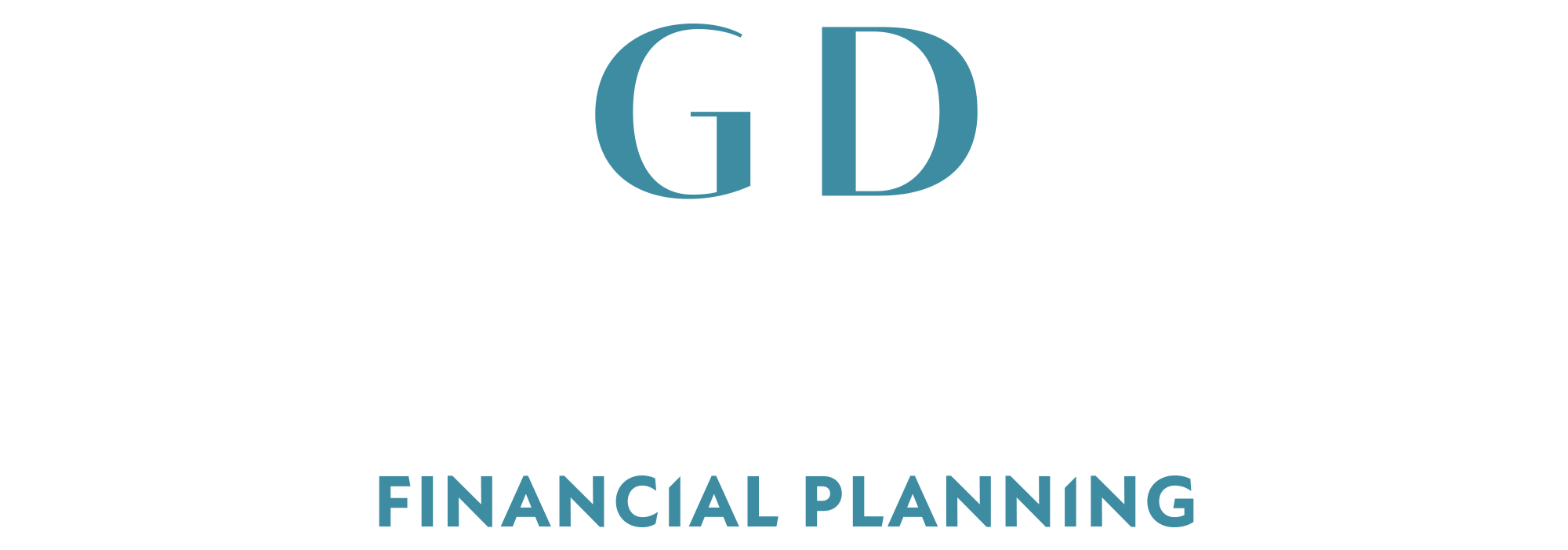Blog
What should you check when reviewing your pension?
Have you reviewed your pension lately? Even though we make regular contributions to pensions, it’s not often something we think about until retirement is approaching. However, keeping track of progress during our working lives is also important.
Figures show that pension savers have been using their time in lockdown to get to grips with their retirement pots. Some 37% of pension savers, the equivalent of seven million people, have taken action relating to their pension in the last few months. One in seven admitted that the lockdown has prompted them to think about their pensions more.
So, if it’s been a while since you looked at how your pension is growing, now could be the perfect time. But what should you focus on? These seven areas are a good place to start.
1. The total value of your pension
The headline figure is probably what draws your attention when you look at your pension, and it’s something you should keep an eye on. Yet, it’s a task just 15% have done during lockdown.
Keeping track of the value of your pension can help you understand whether you’re on target to meet goals and give an overview of how investments perform. The current value alone doesn’t provide you with all the information that you need, which is where the forecast comes in.
2. Check your pension forecast
It can be difficult to understand how the value of your pension now will affect your retirement. Pension providers will offer a forecast, indicating how your savings are likely to grow over time. Keep in mind, this isn’t guaranteed, but it can be a useful base to work from.
With a forecasted lump sum, you’re in a better position to understand the lifestyle your savings will afford you. A financial planner can help put this into the context of your goals, such as the annual income it will deliver.
3. Act if you have a pension gap
Acting if you find there is a gap between your pension forecast and the amount you need to meet aspirations can help set you on the right track. The sooner you act, the easier it is to close the gap or seek alternative solutions. Even a small contribution increase can have a big impact if it’s taken early in your career thanks to the compounding effect.
The figures found 5% of pension savers have increased their contributions during lockdown. It’s a step that could make your future more financially secure.
4. Understand where your pension contributions are coming from
Every month, you’ll probably see a portion of your salary go into your pension. But it’s likely you benefit from other contributions too. Understanding the impact these have on your overall savings can help to highlight why adding to your pot is important.
First, if you’re employed, your employer will need to make contributions on your behalf. An employer must contribute 3% of your pensionable earnings. Second, the government also provides tax relief on the contributions you make. Tax relief is set at the highest rate of Income Tax you pay.
In both these cases, your pension is effectively benefitting from ‘free money’ when you contribute.
5. How your pension savings are invested
How a pension is invested is often overlooked. But it’s an important part of managing your retirement savings and making the most out of contributions.
When you first start saving into a pension, your money will be invested in the default fund. However, pension providers will offer alternatives. These will often include a variety of risk profiles or the option to select an ethical investment fund. As with when you’re investing outside of a portfolio, you should consider your goals, investment time frame and capacity for risk.
Just 8% of people have checked where their pension is invested during lockdown. However, 5% have made a change to their pension investments, indicating that for many the default fund may not be the right option.
6. Your pension age
A pension provider will make an assumption about when you plan to retire, usually linked to the State Pension age. If you plan to retire earlier or continue working past this age, you should update your profile.
How your pension is invested may be affected by your retirement date. For instance, many pension providers will move savings to a lower-risk investment fund as your retirement date draws near to reduce the risk of volatility significantly affecting value. If your intended retirement date is different, this may not align with your plans.
7. Check if your employer offers additional pension incentives
Your employer may offer additional incentives to encourage you to save more into a pension. These can prove valuable and help your retirement savings grow faster.
Some employers will match your contributions up to a certain level. In this case, increasing your own contributions would mean you receive even more ‘free money’. A salary sacrifice scheme may also be an option that’s available to you.
Please get in touch if you’d like to discuss your pension and what it means for retirement. The research found 38% of people lack confidence in their financial situation, our goal is to help you feel secure about your future.
Please note: This blog is for general information only and does not constitute advice. A pension is a long-term investment. The fund value may fluctuate and can go down, which would have an impact on the level of pension benefits available. Your pension income could also be affected by interest rates at the time you take your benefits.
The tax implications of pension withdrawals will be based on your individual circumstances, tax legislation and regulation, which are subject to change in the future.
Newsletter
Sign up to have our latest content delivered straight to your email inbox.


 .
. 